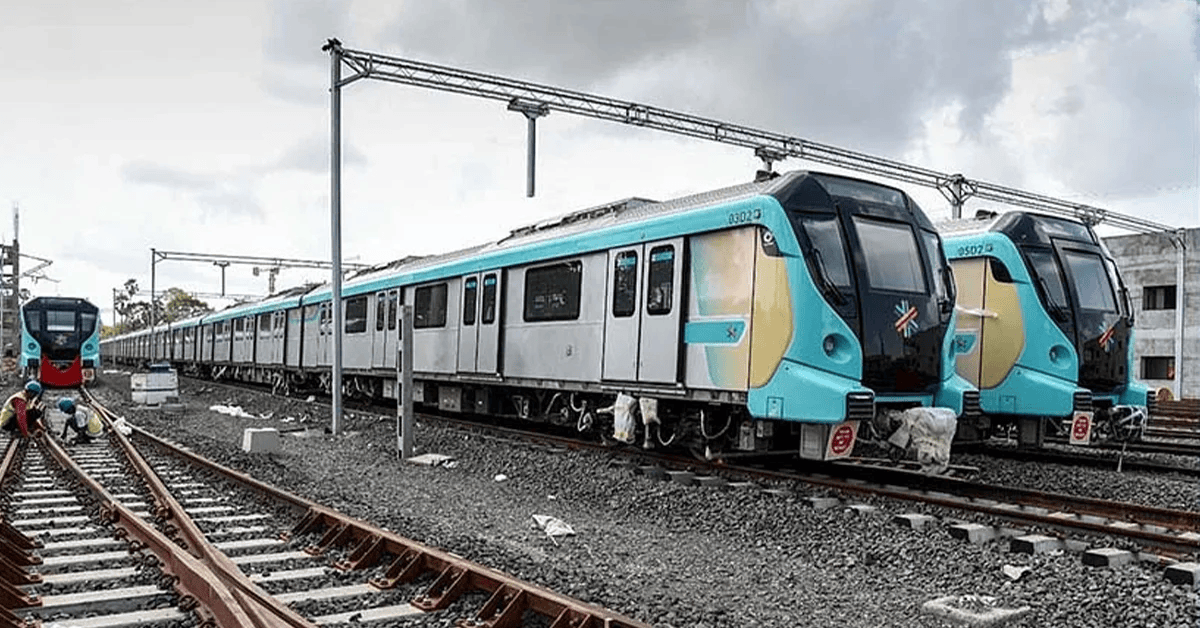Mumbai Metro Rail Corporation (MMRC) has signed a strategic MoU with India Retails & Hospitality Private Limited (IRHPL) to introduce passenger‑centric retail and food‑and‑beverage services at two pivotal Metro Line 3 hubs: Bandra Kurla Complex (BKC) and the Airport’s T2 station. Under this agreement, IRHPL becomes the Master Concessionaire, tasked with transforming underground metro stations of the Aqua Line into vibrant retail hubs.
Having already established its presence in airport retail, IRHPL will now upscale its portfolio to include metro transit environments—offering dining, quick‑service outlets, premium lounges and experiential zones that echo the high‑end comfort of airport terminals. The move aligns with MMRC’s broader strategy to diversify non‑fare revenue and enhance passenger experience. In January, over 1.3 lakh sq ft of retail space across 27 Metro 3 stations was auctioned. This initiative is projected to generate around ₹20 crore annually, helping offset operational costs and potentially contain fares. A projection from MMRC envisages these retail advancements serving dual objectives: reducing carbon footprints through integrated infrastructure and providing equitable access to quality services across commuter segments.
By introducing retail at stations like BKC—Mumbai’s financial nerve centre—and Airport T2, the design supports eco‑friendly urban transit while catering to high‑footfall zones. In a public statement, IRHPL’s CEO indicated that this collaboration heralds a new chapter in urban travel retail, merging global design benchmarks with domestic metro culture. The company intends to import best‑in‑class hospitality standards into Mumbai’s metro network, underscoring a shift towards more gender‑neutral and accessible public spaces. MMRCL’s Planning Director termed this alliance a “turning point in urban transit,” referencing IRHPL’s airport‑retail credentials. He expressed confidence that world‑class design and utility will make metro journeys feel more refreshing and functional.
Passengers can expect a curated mix of quick‑service eateries, convenience retail, premium lounges, banking services and experiential pop‑ups. The initiative is designed not only to increase commuter convenience but also to foster a sense of community within transit zones. Critically, this model supports sustainable city growth. By centralising retail in transit hubs, it reduces the need for separate trips to access amenities—lowering vehicular emissions and congestion. It also ensures equitable benefit-sharing: high‑end services at metro stations serve both professionals and ordinary commuters equally. This direction aligns with Mumbai’s ambition to develop zero‑carbon, inclusive urban transport systems.
While public reception remains to be seen, the success of this initiative hinges on IRHPL’s ability to build stations that cater to eco‑friendly practices and social inclusivity. MMRC will likely monitor commuter flow, retail diversity, and environmental metrics to evaluate the impact on ridership and public satisfaction. This alliance between MMRC and IRHPL underscores a growing trend in Indian metros: transforming transit spaces into experience‑centric zones that balance operational needs with service excellence, community engagement, and carbon‑conscious growth.
Also Read :Mumbai Metro 3 extension reaches Navy Nagar after DPR clearances


